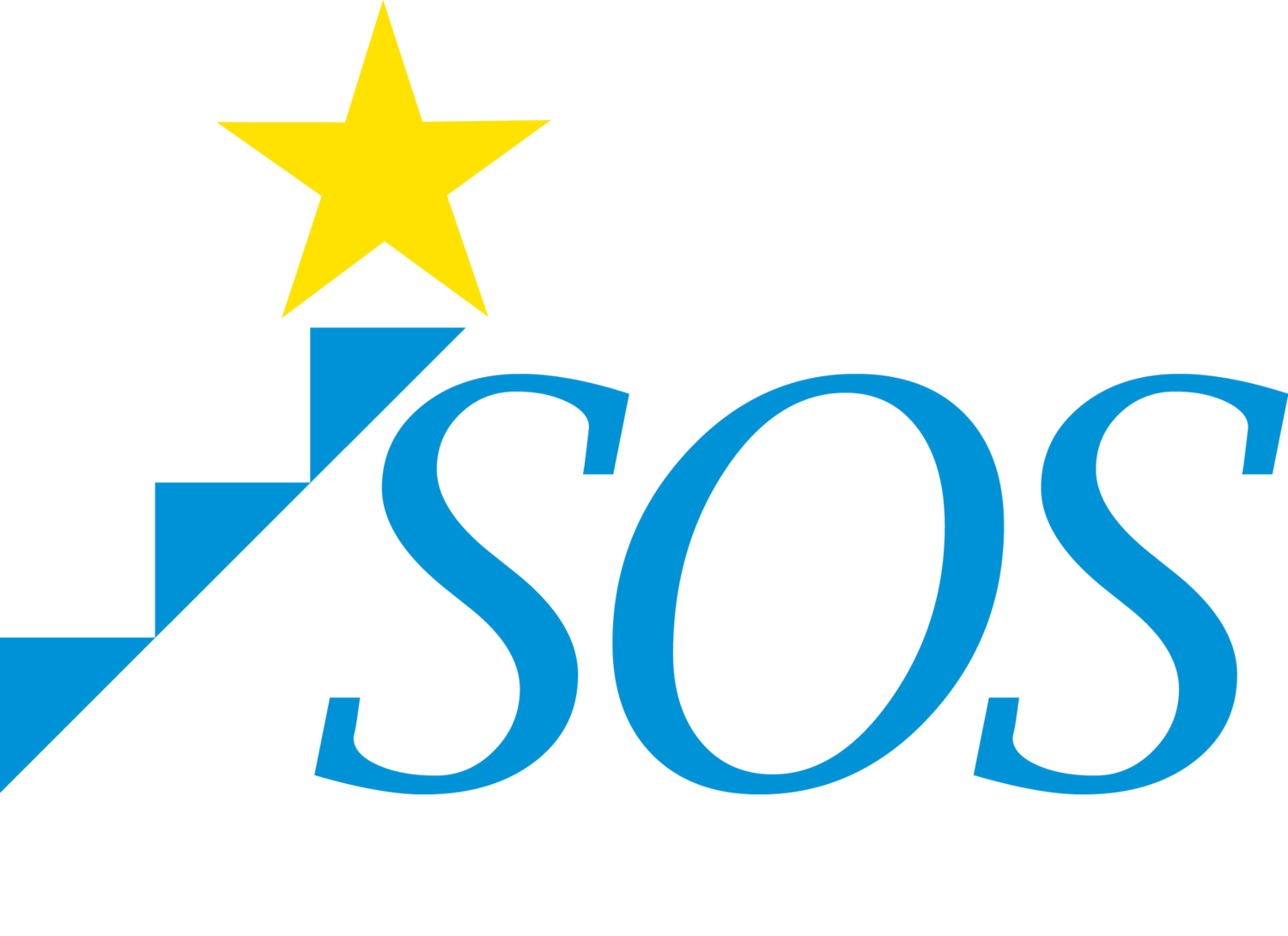Studying for final exams is probably the last thing that anyone wants to do. This leads to procrastination until panic sets in (Watch Tim Urban’s Ted Talk, Inside the mind of a master procrastinator). Then comes an all-night marathon study session or giving up completely. We sabotage our chances to really do well! The funny thing is that by changing the way we study, we can actually remember more in less time.
There are 3 things to consider in creating effective study habits: goals, schedule, and techniques.
1. What are your goals?
Set realistic goals that inspire you to achieve.
Say this: I want to get at least a B on my history exam
Not this: I don’t want to fail my history exam
2. When should you study?
Create a schedule of when and what you are going to study. Keep it separate from your regular homework time.
3. How should you study?
Use research-based techniques*
Make it active and engaging : Ask and answer why and why not questions when reading and reviewing, study with a partner, use technology (ex: Quizlet)
Be strategic: Spend more time on the hard stuff, schedule shorter study sessions spaced a day or two apart
Take practice tests: review your answers and correct all errors
Mix it up: Alternate practice of different problems and subtopics (ex: mix up questions from chapt ers 1-3 rather than working on chapter 1, then 2, and finally 3)
Making small changes to what you are doing now can make all the difference in obtaining better grades. To make it easy to begin, download out Effective Study Habits: Remember More in Less Time and make notes about what you want to do differently. Then, put your plan into action and be sure to recognize the positive steps you are taking no matter how small.
If you can't seem to get started or need help sticking to your plan, Student Organizing Solutions offers a Study Skills program for students, parents, or both.
Wishing you great success,
*Dunlosky, J., K. A. Rawson, E. J. Marsh, M. J. Nathan, and D. T. Willingham. "Improving Students' Learning With Effective Learning Techniques: Promising Directions From Cognitive and Educational Psychology."Psychological Science in the Public Interest 14.1 (2013): 4-58..
Helen Bispels, founder of Student Organizing Solutions™ (SOS), has over 15 years of experience as a classroom teacher, university professor, and educational consultant, and is parenting 5 children. She strives to make it possible for all students to become capable and confident in achieving their goals. Visit her website at http://studentorgsolutions.com to learn more about her professional services. You can also follow her tips, tools, and techniques on organization, time management, and study skills by liking SOS’s Facebook page at https://www.facebook.com/sosforstudents.








